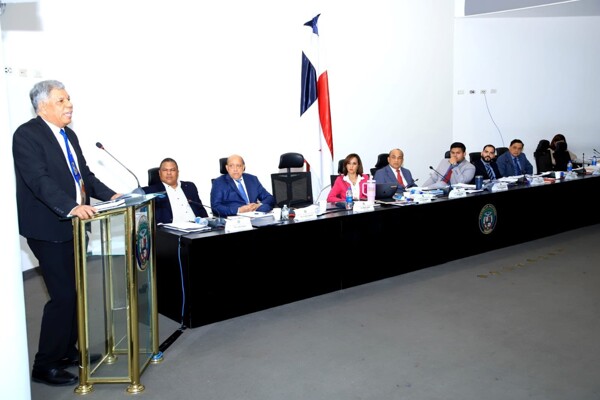Due to fear of coups, it was decided to open the benefits to the Public Force, attributing the cause of this measure more to politicians and civilians than to the police themselves. President José Raúl Mulino made the decision to implement urgent and necessary reforms to the Social Security Law, applicable to all public officials. The democratic Public Force is subordinate to civil power, where the uniformed must obey and comply with the rules of the democratic model.
A Security and Defense analyst pointed out the national importance of the necessary reforms in the Social Security Fund. Considering their family ties with the Public Force since 1936, they highlighted the evolution and current challenges of the institution. Comparing with the situation in Colombia during decades of armed conflict, the sacrifices and extreme conditions faced by the military and police were emphasized.
It was mentioned that the Public Force has not inherited the practices of the military past but is currently subject to the decisions of the State, with an obligation to comply. The current disproportionate salary scale, the high number of senior officers graduating annually, and the exceptional benefits granted to the police were questioned, considering it unsustainable for the national budget.
There was an appeal to modify special pensions for those under 55 years of age and after 30 years of service, largely financed by public funds. This situation was deemed inconsistent with the current needs of the country, which has not experienced significant internal conflicts in recent decades, unlike other countries in the region.
In summary, the need to adjust the benefits and retirement policies in the Panamanian Public Force to the national reality was raised, avoiding excesses and promoting management more in line with the current circumstances of the country.













